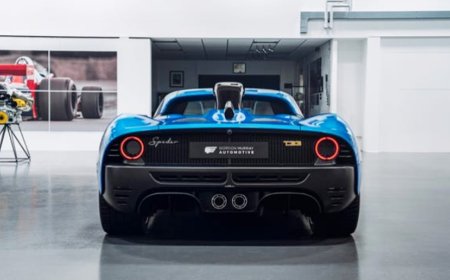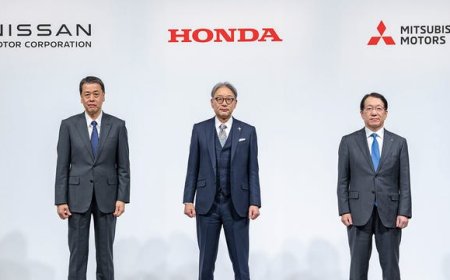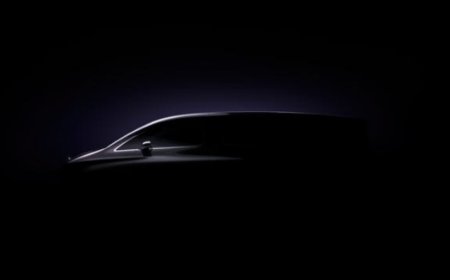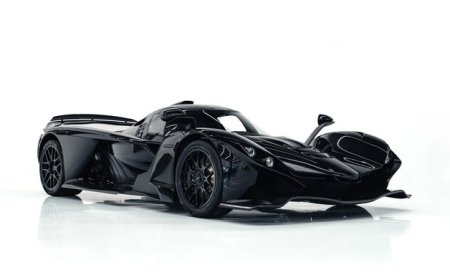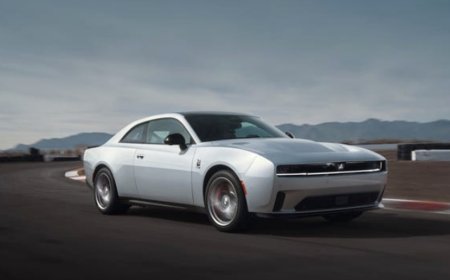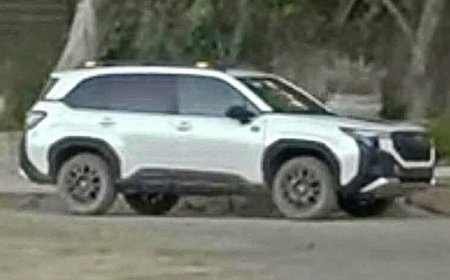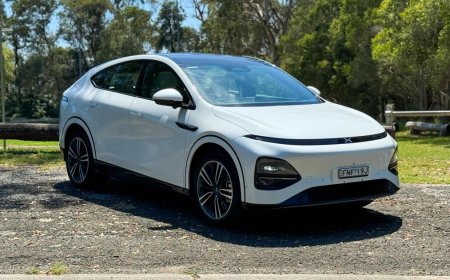Toyota's big win: $4.5M to revolutionize EV battery production
Toyota has secured funding from the U.S. Department of Energy to develop a sustainable and domestically-focused supply chain for EV batteries.
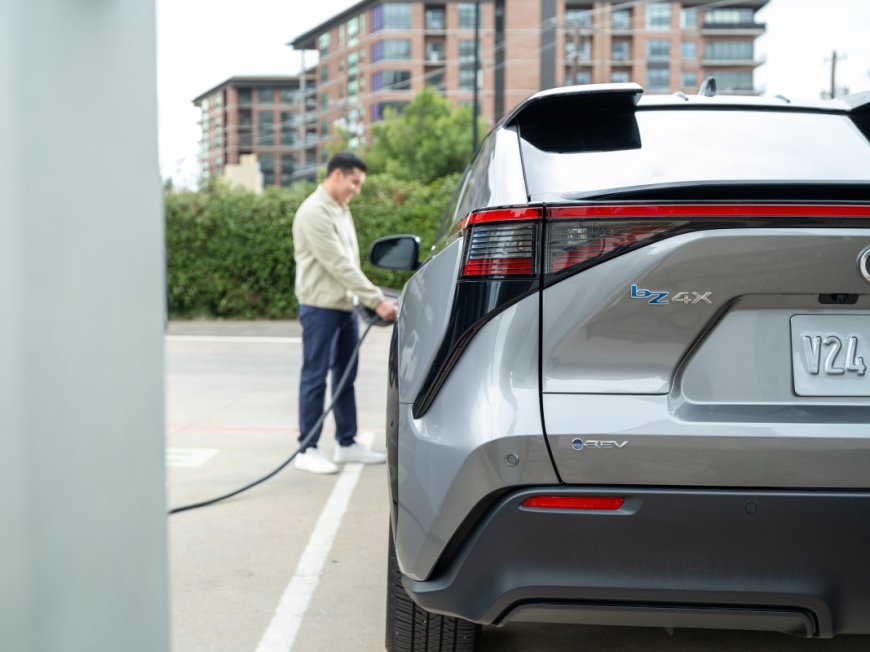
Toyota is taking a significant step toward advancing electric vehicle (EV) sustainability with a $4.5 million federal grant from the U.S. Department of Energy, Advanced Research Projects Agency-Energy (ARPA-E).
The funds, which come from the department’s CIRCULAR program, will support the development of innovative technologies to establish a circular domestic supply chain for EV batteries.
Related: The one-and-only known Black-owned American automaker
Breaking down barriers to battery recycling
The grant will fund Toyota Engineering & Manufacturing North America’s (TEMA) project to design an automated process for battery disassembly and recycling. Led by the Toyota Research Institute of North America (TRINA), the initiative is a collaboration with Oak Ridge National Laboratory, the National Renewable Energy Laboratory, and Waygate Technologies.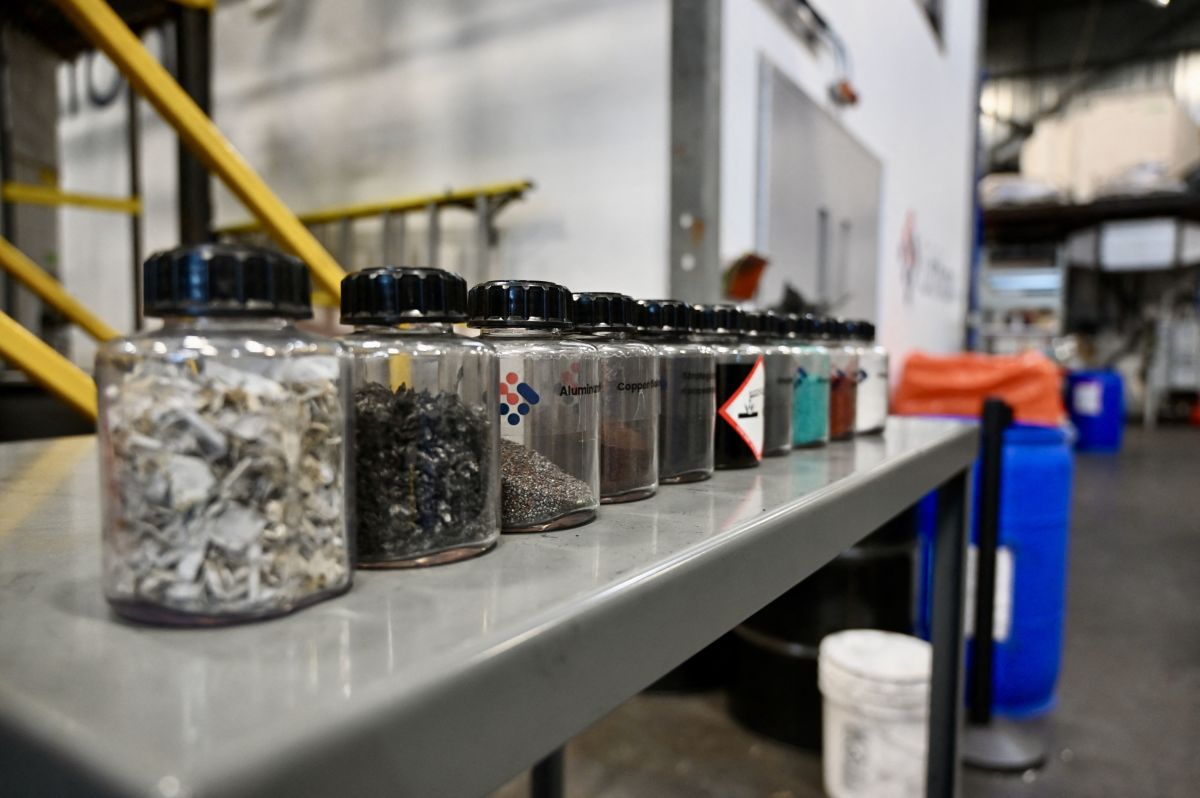
The project’s focus is on overcoming the key challenges in battery recycling: automating disassembly, classifying battery components based on their condition, and repurposing degraded cells. By developing tools such as robotic disassembly systems and diagnostic protocols, Toyota aims to extend the life of EV batteries, reduce waste, and conserve resources.
“This project and program will highlight avenues for everyone to rethink their approach to battery circularity, and help prioritize the extension of battery life, facilitate battery reuse, and reduce battery waste while unveiling the appropriate pathways to achieve such priorities,” said Nik Singh, the principal scientist at TRINA.
Related: Bugatti broke the world speed record for the fastest convertible — again
A growing wave of federal support
Toyota’s funding comes amidst a broader push by the U.S. government to strengthen the domestic EV ecosystem. Earlier this month, Ford received a record $9.63 billion federal loan for its BlueOval SK battery plants in Kentucky and Tennessee. These facilities aim to produce over 120 gigawatt hours of battery capacity annually and bolster Ford’s EV production.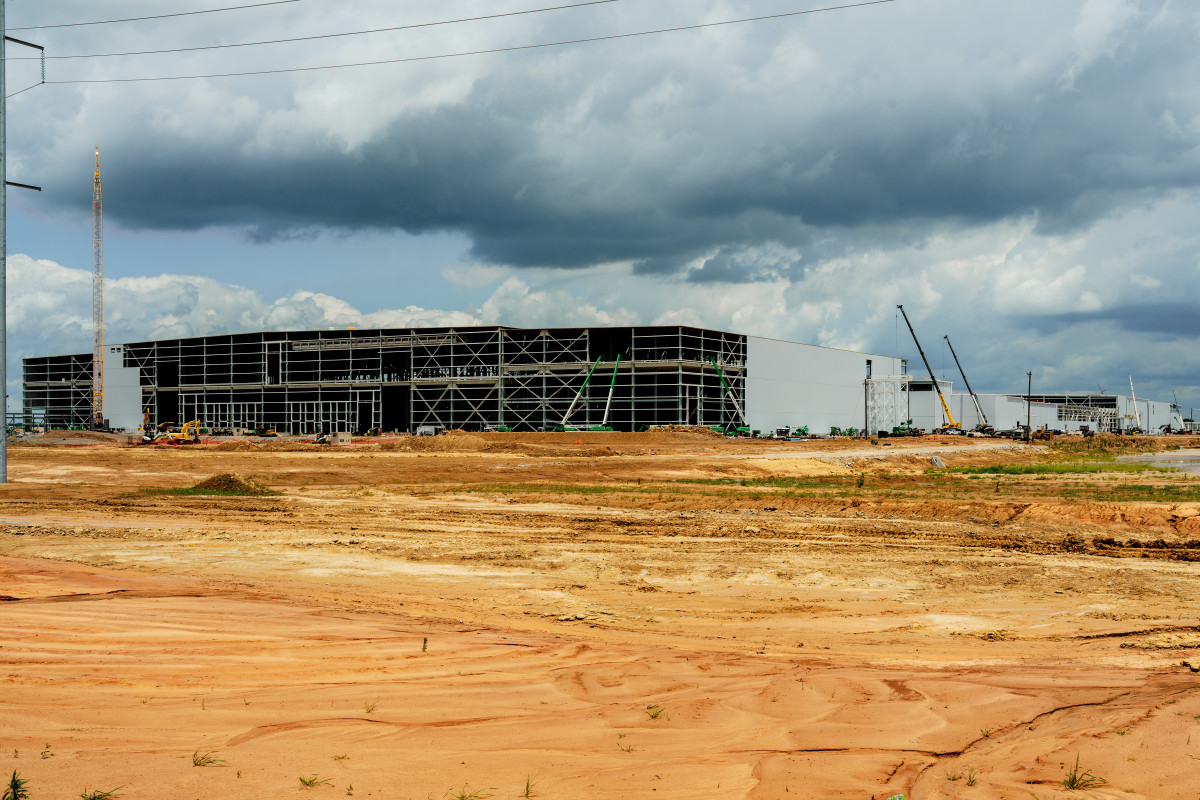
Similarly, Rivian recently secured $6.6 billion to kickstart a delayed plant in Georgia, while Stellantis and Samsung SDI are advancing a $7.54 billion battery project in Indiana.
The Biden administration’s strategy to build a robust EV infrastructure is clear: invest in domestic manufacturing to reduce reliance on imports and position the U.S. as a global leader in clean energy.
Related: EV sales in Europe are growing—with one big Tesla-sized exception
What it means for EV sustainability
Toyota’s efforts to create a circular battery supply chain could significantly reduce the environmental footprint of EV production. By streamlining processes for reusing and refurbishing battery cells, the company aims to cut emissions associated with manufacturing and disposal.
“By extending the life of the battery components, we reduce their total emissions per mile. That’s a big deal for the role EVs can play in the energy transition,” said Marm Dixit, a research fellow at Oak Ridge National Laboratory, which will be collaborating with Toyota on the project.
Related: Will 2025 be a turning point for car sales?
Final thoughts
While federal funding provides a strong foundation, challenges remain. Automakers must navigate political uncertainties, including potential rollbacks on EV incentives under the incoming administration. Additionally, competition in the EV market is intensifying, with legacy automakers and new entrants ramping up production.
Toyota’s grant represents a critical piece of a larger puzzle as the U.S. transitions to a sustainable EV future. By prioritizing innovation in battery recycling, the company is setting the stage for a more resilient and eco-friendly supply chain.
